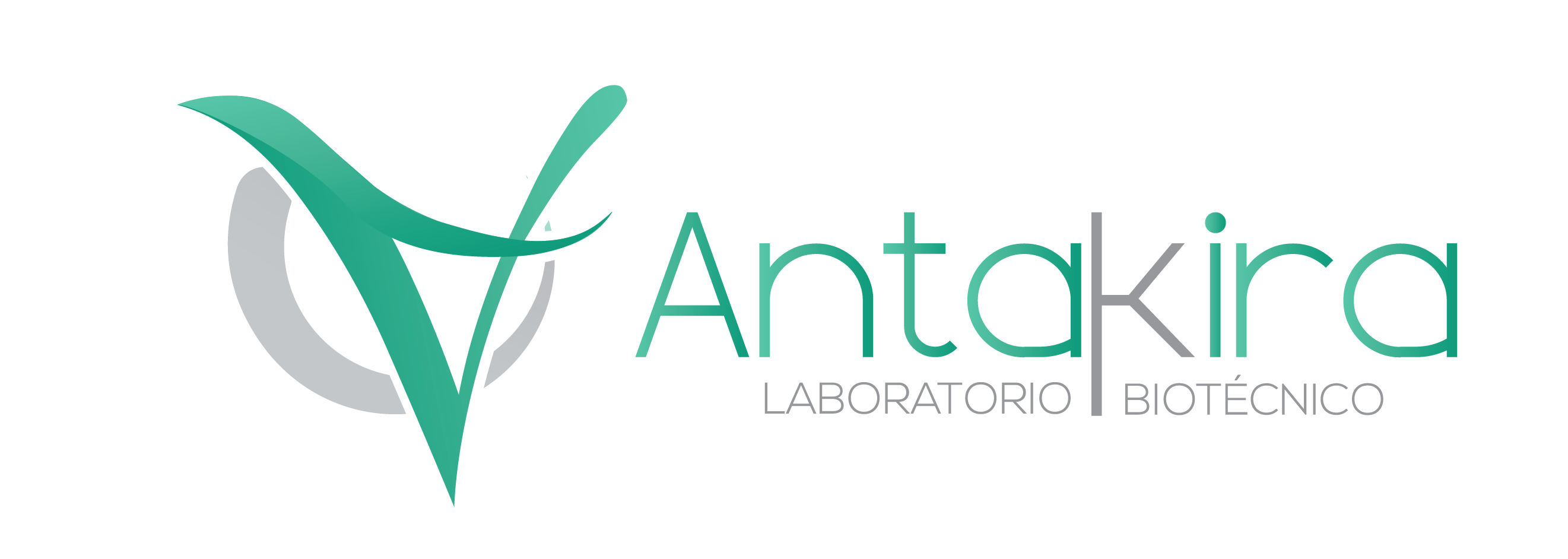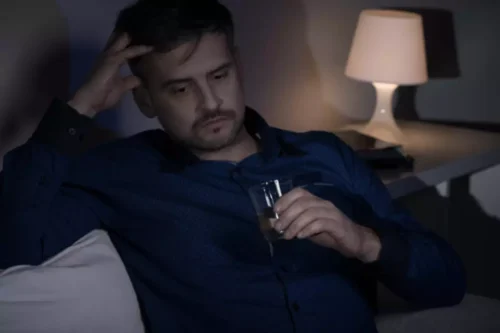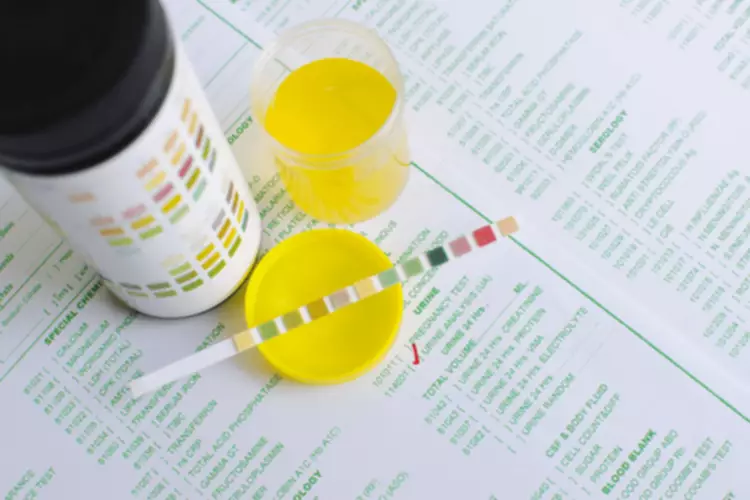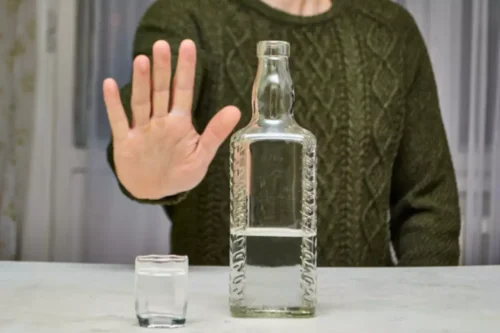Group therapy can provide a supportive and cost-effective way to treat symptoms and underlying causes of these debilitating mental health conditions. Expressive art storytelling can be made into a group activity by having members take part in expressive art together. An example would be to have group members individually draw or paint to the sound of music in a way that depicts their personal story for a specified amount of time. After the session, clients share the meaning of their art with other group members. To continue the exercise, encourage the participants to swap roles and repeat the activity. To see the other questions or print this handout for use in your group sessions, you can access it in the Positive Psychology Toolkit©.
- It’s important to have moments of levity during addiction recovery to help build camaraderie and enthusiasm, and playing charades can provide some.
- If you’re looking for more science-based ways to help others enhance their wellbeing, this signature collection contains 17 validated positive psychology tools for practitioners.
- Prior to her transition into the field of counseling, Jane worked for 10 years as a licensed massage therapist.
- The sense of belonging and social support that group therapy provides can significantly increase a person’s motivation to change and stay sober.
Cognitive Restructuring Activity
Physical activities offer numerous benefits for individuals in substance abuse recovery. Regular exercise promotes physical well-being and supports mental and emotional health, helping individuals manage stress, improve self-esteem, and maintain sobriety. Mindfulness exercises, such as meditation and deep breathing, can help individuals develop present-moment awareness and improve their ability to cope with cravings and triggers. Group mindfulness sessions provide an opportunity for individuals to practice mindfulness together, share their experiences, and support each other in developing a mindful approach to recovery. During art therapy sessions, participants are encouraged to explore their thoughts and feelings through visual expression.
How Court-Ordered Treatment Can Help Combat Substance Abuse
Clients are given a judgment-free space and are encouraged to be open and honest to facilitate recovery and healing. For example, you may have to apologize to loved ones you have hurt, establish clear boundaries in your relationships, and cut ties with people who still use drugs. According to the National Institutes of Health (NIH), taking time to express gratitude can boost your emotional wellness and help with stress management.
Process groups
Focusing on gratitude and how to find it is a great way to introduce more positive attitudes and outlooks on life to increase recovery. Group members can feel uplifted when they come to group sessions and learn to appreciate the small things. Bad habits go hand in hand with substance abuse, and by highlighting these bad habits, clients can replace them with healthy routines. Implementing positive and healthy habits can create a better life and day-to-day functioning, which supports sobriety and recovery. Process groups are introspective groups that help individuals examine their thoughts and feelings in greater detail to promote personal growth. Members can gain greater insight into their relationships with others and themselves and work towards healthy behaviors that promote improved day-to-day functioning.
- For example, group members can take turns playing an instrument (such as a Tibetan singing bowl), share meaningful songs about recovery, or even try writing a song together.
- Process groups are mostly unstructured with no singular topic of discussion.
- He has had the privilege of working in a variety of geographic regions and levels of care.
- These questions should be fun and interesting questions that will help the members get more comfortable talking about themselves.
Substance abuse group activities focused on the positive aspects of a substance-free life highlight the physical, mental, and emotional benefits of remaining sober. Group discussions, guest speaker sessions, and personal testimonials shed light on how sobriety can improve relationships, better health, and a renewed sense of purpose. Substance abuse group activities focus on creating an environment where members feel safe sharing their thoughts and experiences. Substance abuse group activities can range from collaborative exercises that require teamwork to sharing personal anecdotes or engaging in empathy-building exercises. By fostering a sense of belonging and camaraderie, substance abuse group activities strengthen members’ bonds and encourage forming a cohesive, supportive community. Support groups help bring group members together who are facing similar life challenges.
After completing a treatment program, individuals benefit from a well-structured aftercare plan. This plan serves as a roadmap to help them maintain their recovery progress. By adhering to an aftercare plan, individuals what are some ideas for substance abuse group activities? can better navigate the challenges they may encounter post-treatment. Practicing gratitude has proven benefits for mental and physical health, and it can boost recovery by helping people focus on the positives.
What is Group Therapy? Definitions and Theories
A pre-group orientation is helpful to identify individual patterns of group members and their history of interpersonal relationships (Whittingham, 2018). There are several factors that should be considered as a therapist or leader begins to perform activities in group therapy. A needs assessment is essential to determine the purpose of https://ecosoberhouse.com/article/how-to-taper-off-alcohol/ the group and the specific activities, format, and structure that will follow. Childhood begins with a family of origin group and then progresses to groups for education, social activities, shared interests/hobbies, and work. As humans, we are social creatures with personal histories based on the various groups that make up our lives.
- The next player repeats the pattern and adds something new, and the process continues until the individuals before them don’t repeat the pattern.
- Therefore, upon completing an addiction treatment program, involving yourself in group therapy activities for adults in recovery is crucial to maintaining long-term sobriety.
- This fun activity allows members to open up, get creative, and express ideas and opinions about specific topics.
- Support systems, such as therapy groups, can help members gain greater self-awareness and a sense of community.
- Practical activities and discussions enable many people to reinforce new skills and open group members’ minds to alternative ways of thinking and behaving.
Music Therapy: Harmonizing Emotions and Recovery
Comments are closed.





